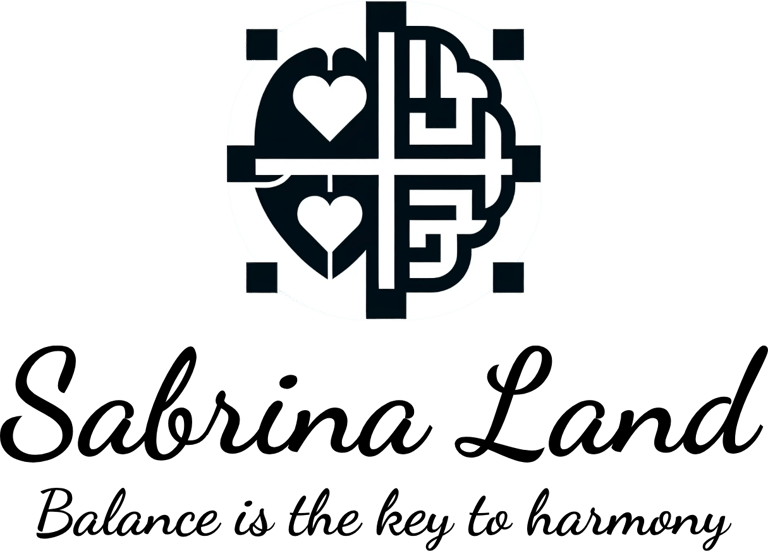Understanding the Strawman Theory and the Cestui Que Vie Trust: Are We Really Property of the Government?
1/5/20255 min read


The Basics of Strawman Theory
Strawman Theory is a legal concept asserting that a distinct entity, referred to as the 'Strawman', is created upon an individual's birth by governmental authorities. This entity is not a biological person, but rather a legal persona that exists within governmental and commercial frameworks. Upon birth, a birth certificate is issued, which is believed to represent this legal entity, separating it from the individual as a living being. Proponents of Strawman Theory argue that this legal personhood creates an illusion of ownership, placing individuals within a commercial state controlled by the government.
The term 'legal person' is crucial in understanding this theory. A legal person is defined as an entity recognized by law to have rights and duties similar to those of a human being. In this context, the Strawman serves as a commercial entity that holds the rights and responsibilities assigned to it by the state. Consequently, individuals are perceived not as the flesh-and-blood beings they inherently are but rather as corporate entities that can be regulated, taxed, and controlled by the government.
This perception draws attention to the tension between the personal identity of an individual and the legal identity imposed upon them by the state. It suggests that individuals are unwittingly operating within a system where their true selves are overshadowed by a commercial identity that the government controls. The implications of the Strawman Theory extend to various legal and financial interactions, leading to claims that individuals can reclaim their sovereignty by recognizing the distinction between their living self and their Strawman persona. Understanding these core principles sets the stage for deeper exploration into the nuances of the Strawman Theory and its relationship with concepts such as the Cestui Que Vie Trust.
Cestui Que Vie Trust: Origins and Implications
The Cestui Que Vie Trust, originating from Roman law and later adopted into English common law, serves as a significant legal concept within the framework of ownership and individual rights. The term "Cestui Que Vie" translates to "he who lives," which pertains to the party for whose benefit the trust is created. Historically, this type of trust was established to ascertain the rights and interests of individuals during periods of uncertainty, particularly in cases of presumed death or absence. When an individual is born, it is posited that a Cestui Que Vie Trust is automatically generated, designating them as the beneficiary of their estate until they can exert full control over it.
In examining the implications of this trust, one must consider how it influences the perception of individual rights. The creation of the trust upon birth suggests that the state or governing authority has a vested interest in the individual, which raises questions about autonomy and sovereignty. This framework aligns closely with the Strawman Theory, where it is argued that individuals are treated as corporate entities or "strawmen" by the government, thus viewing citizens as property of the state rather than autonomous beings. This perspective emphasizes a troubling aspect of modern governance, which implies that individuals, as designated beneficiaries, may inadvertently surrender some of their rights to the governing body.
Furthermore, being categorized as a "ward" of the state entails certain legal and procedural implications. This designation often implies a lack of full legal capacity, suggesting that individuals exist within a framework of governance where their rights can be regulated and controlled. Understanding the roots and ramifications of the Cestui Que Vie Trust is essential for grasping the broader discourse regarding individual rights, state control, and the implications of being viewed within the confines of legal ownership. Such an exploration opens up a dialogue about personal autonomy and accountability within the legal system.
Unpacking the Legal Framework: Unum Sanctum and Personage
The legal framework surrounding the Strawman Theory often references historical concepts such as 'Unum Sanctum' and 'joinder under personage.' Unum Sanctum refers to a papal bull issued in 1302 by Pope Boniface VIII, which asserted that spiritual authority surpassed temporal authority. This document lays the groundwork for discussions about sovereignty and individual rights in relation to government authority. Proponents of the Strawman Theory interpret Unum Sanctum as implying that individuals have a right to claim autonomy from government control, thereby rejecting the notion that they are merely property of the state.
Within the context of corporate law, Unum Sanctum is seen as a foundational element where the distinction between individuals and the entities created from them is established. The idea that individuals are inherently sovereign beings contrasts with the legal view that they are represented as corporate entities, often referred to as their 'Strawman.' This is where the concept of personage becomes significant. Personage effectively delineates the legal identity that governments assign to individuals—often seen as a fictitious entity distinct from the living person. Through this distinction, advocates argue that individuals can reclaim their rights and autonomy.
The term 'joinder under personage' further complicates this legal framework by indicating how individuals may inadvertently associate themselves with their Strawman through compliance with legal frameworks. This association can lead to misconceptions about personal sovereignty and the rights of individuals. Understanding these terms within the framework of the Strawman Theory requires decoupling complex legal jargon from their practical implications on one's rights and freedoms. By breaking down these concepts, the dialogue surrounding Unum Sanctum and personage can become more accessible, allowing individuals to grasp their legal standing and how it relates to the broader question of individual ownership and autonomy.
Conspiracy Theory or Reality? Examining the Evidence
The Strawman Theory and the associated Cestui Que Vie Trust have garnered considerable attention, particularly within alternative legal circles. Proponents argue that individuals are unwittingly registered as corporate entities, thus becoming property of the government. This perspective posits that the state operates under a deceptive framework, manipulating the laws to assert control over citizens. Supporters often cite historical documents and legal jargon to substantiate their claims, presenting a narrative that suggests a systemic form of exploitation. However, critical examination reveals significant gaps in this reasoning.
Conversely, skeptics of the Strawman Theory contend that its premises rest on misinterpretations of legal principles. From a legal standpoint, the idea that all individuals are inherently viewed as property is considered a simplified and misleading understanding of the law. They argue that while concepts like the Cestui Que Vie Trust originated in legitimate legal doctrine, their application has been distorted by conspiracy theorists to create a sense of victimhood and paranoia. Critics emphasize that there is a lack of substantive legal precedent to support the notion that individuals can be regarded solely as property of the state.
The implications of these beliefs on societal structure and individual freedoms are profound. Proponents of the theory assert that challenging the government's authority over citizens paves the way for personal emancipation. However, this perspective may lead some individuals to disengage from the legal system, ultimately undermining their rights. On the other hand, critics maintain that fostering a clear understanding of one's legal rights and responsibilities is essential for maintaining a functional society. They encourage individuals to engage in civic discourse and pursue a reasoned approach to understanding government systems.
As such, approaching the subject critically involves examining peer-reviewed research, exploring legal texts, and maintaining an open dialogue that welcomes diverse viewpoints. Understanding these concepts necessitates balance, with a keen awareness of both historical contexts and contemporary legal frameworks.


